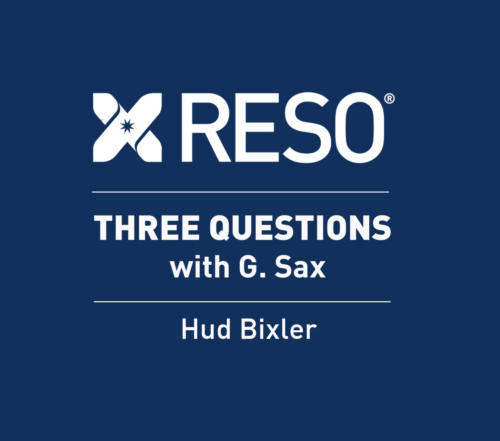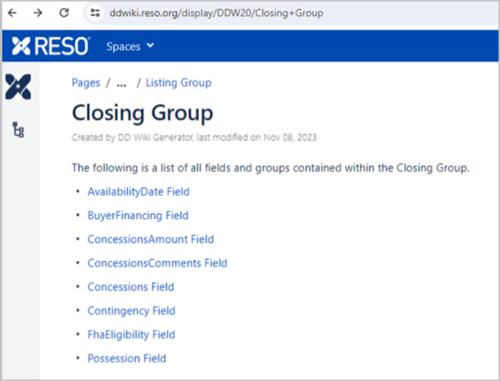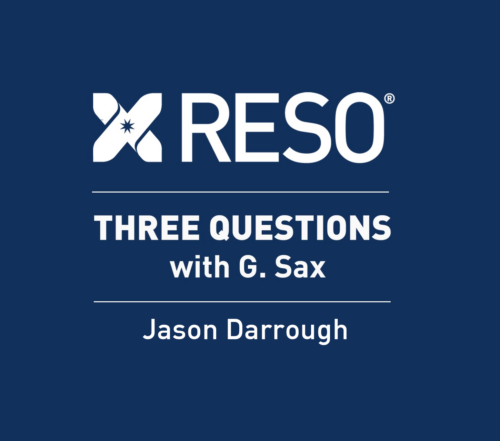Rick Trevino, IT Director of MetroList Services, Inc., the largest regional MLS in Northern California, distinctly recalls the catalyst for the creation of the latest RESO Workgroup for Payloads. It happened during last year’s RESO Spring Conference in Chicago. During the broker panel presentation, one of the discussions focused on the inconsistent delivery of data when a single brokerage was receiving property feeds from more than one MLS, despite the fact that the MLSs were Data Dictionary Certified.
“Brokers were getting inconsistent data,” said RESO member Rick Trevino. “Sometimes data was populated from one MLS and not populated from another. Brokerages had to configure their systems to run both properly which adds to the cost of operating the system,” he added.
Rob Larson, head of the RESO Data Dictionary Workgroup and Chief Information Officer for CRMLS, remembers vividly that day. Initially, his Workgroup looked into the issue raised at the conference. “While the Data Dictionary Workgroup completed the first payload, IDX, it was clear that this could take away from the Workgroup’s primary function: the fields, lookups, data types, lengths and their definitions,” Larson said.
“Because a payload is a group of Dictionary fields — and the decision about which fields belong to a given payload is driven by business rules — having a Payload Workgroup focused on this goal helps keep the Dictionary Workgroup focused on its goals,” he added. Thus, the Payload Workgroup was created and Trevino was tapped to head up the new Payload Workgroup.
Payloads defined
Trevino explains that real estate data is typically delivered as a “package,” comprised of a data set for a specific need. While the RESO Data Dictionary defines all the fields – as well as the specific characteristics of each field – it only specifies the fields that are available to be included in the payload, and does not provide the specifications of the actual payload. As a result, the RESO Payloads Workgroup is designed to help MLSs deliver consistent datasets as their members have a dependency for various business applications.
About the RESO Payloads Work
The purpose of the Payloads Workgroup is to define the Payload Categories based on real estate business needs that will include the fields necessary for each Payload Category that’s specified within the RESO Dictionary.
“RESO has a mission to truly identify fields that make up the minimum set of Internet Data Exchange (IDX) data that consumers eventually consume,” said Trevino, “and that includes IDX, Virtual Office Websites (VOW), Brokers back office solutions, syndications and even how large consumer facing public portals distribute data both internally and externally.”
Trevino explains that the RESO Data Dictionary does a great job of “defining the data, the data structure that makes data fields dependable and can be normalized across various marketplaces.” He adds that “the next piece of the cog is to ratchet up and standardize the feed with an IDX approved standard to insure that the data being delivered meets the minimum standards outlined by RESO, and remember, that’s not just listing data.”
Delivering more than listing data
Trevino notes that in the various Property Classes data also include Member records, Open House information, data related to Teams and much more. “For example, you have Member records tacked along with the data, so you have attributions, not just a listing agent, but even a selling agent or for some sites, office information. This new Workgroup will look at the whole package of what is the minimum set of Payloads that needs to be standardized,” Trevino said.
“It’s getting the data to normalize,” he added, “to streamline the process and get the right piece of data beyond the listing data itself and package it all up seamlessly.”
Trevino describe this as a “big effort” with all the pieces involved, but that by packaging all the pieces together with the standardized delivery process, he sees the payoff to the industry.
“The benefits downstream for the whole industry will empower all sorts of emerging technologies coming from different organizations,” he said. “The promise of this happening in the future will come through creating these new core standards, not just in the listing data, but in how all data is packaged. All of these benefits are really dependent on standardization,” he added.
MLS benefits
This effort by RESO, that Trevino is leading, will help all MLSs. He notes that while his own firm – MetroList – can already deliver reliable data packages to its Participants and Subscribers, the Data Packaging Standardization effort is to ensure that the same experience is available for brokerages everywhere.
“With one language — one data set that’s delivered consistently across MLSs to a single destination — the next new whiz-bang product or new app will be able to be delivered to the marketplace much faster, no longer depending on big applications or servers as the MLS will be the reliable source of data,” Trevino said.
Broker benefits
For brokers, the benefits can be far-reaching. Consider a broker with a single IDX website across several MLSs with each MLS delivering different IDX fields. Today the broker has to invest time and money to “normalize” the data simply to populate the listings on their website. They are limited in their ability to show all the property fields because if they have one listing page format, some fields would be blank because of the varying IDX data. When MLSs send the same 250-300 fields to the broker, this can eliminate or reduce the need for custom programming and allow all the listings displayed together.
More broker involvement
Key to the Payload Workgroup’s success, says Trevino, is more participation from brokers and agents. “At the last RESO Conference,” Trevino said, “I had an agent come up to me and said he wanted to be part of the Workgroup because he was not getting the data and the information he needs for his own website as his motivation to participate.
“For a lot of the existing RESO Workgroups, there isn’t really any agent or broker participation. While the workgroups get participation from some of the technologists with the larger franchises, the lack of broker and agent participation it is very telling. The impact of this lack of participation has a spotlight shined upon it when an individual agent steps-up and wants to help solve this industry problem.” Trevino is encouraging participation on the Payloads Workgroup from brokerages of all sizes.
Challenges ahead
Trevino also understands that the new Workgroup will have to successfully navigate industry politics. He recalls a comment from a past RESO Conference that an audience member cautioned she didn’t want RESO to tell her what was going to be in her IDX feed, suggesting that it would be like telling her how to run her own business.
Trevino clarifies that RESO is focused on setting the standards – and even provided different levels of Certification for Data Dictionary – making it something industry participants want to achieve: the Good Housekeeping seal of approval for real estate. “Everyone wants a more streamlined and efficient real estate industry,” Trevino said, adding “Payload standards are simply the next step in helping move us towards that goal.”
How to join
RESO members interested in joining the Payload Workgroup are encouraged to send an email to info[at]reso.org or can sign into the member’s area and go to this link. More information about becoming a RESO member is located at https://www.reso.org/membership-benefits.







